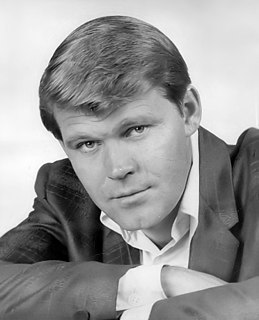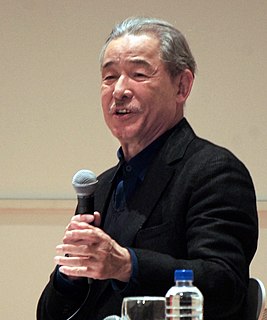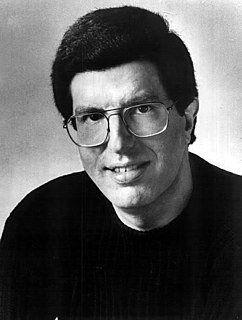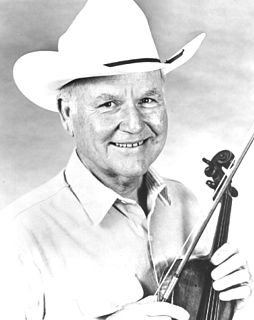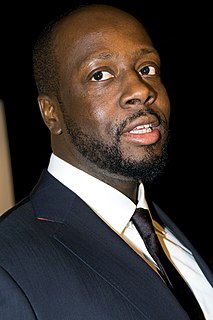A Quote by Willie Nelson
I started learning my lessons in Abbot Texas, where I was born in 1933. My sister Bobbie and I were raised by our grandparents [...] We never had enough money, and Bobbie and I started working at an early age to help the family get by. That hard work included picking cotton. [...] Picking cotton is hard and painful work, and the most lasting lesson I learned in the fields was that I didn't want to spend my life picking cotton.
Related Quotes
I learned conservatism through my grandfather; I didn't know that was the name. I didn't know these were conservative principles. Starting his life on a sharecropping farm. Working tremendously hard. Five years old, picking cotton and laying tobacco out to dry on a farm, and today he now owns that farm.
I used to work in the cotton fields a lot when I was young. There were a lot of African Americans working out there. A lot of Mexicans - the blacks and the whites and the Mexicans, all out there singing, and it was like an opera in the cotton fields, and I can still hear it in the music that I write and play today.
I think life is cotton candy on a rainy day. For those who grew up with cotton candy the old-fashioned way, it is very delicate. Pre-made cotton candy that has preservatives is not nearly as good or true. True cotton candy is sugar, color, and air and it melts very quickly. That was the metaphor - it can't be preserved, it can't be put aside, it can't be banked. It has to be experienced, like life.

